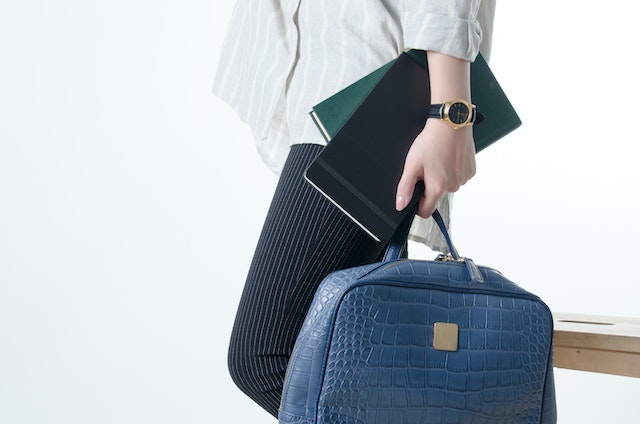In the world of luxury fashion, few names resonate as strongly as Louis Vuitton. Renowned for its impeccable craftsmanship, timeless designs, and status symbol status, Louis Vuitton has established itself as an icon in the realm of high-end fashion. However, with great fame comes great demand, and inevitably, a market for replicas has emerged. In this blog, we delve into the allure and pitfalls of Louis Vuitton replicas, exploring the motivations behind their purchase, the ethical considerations, and the potential consequences for both consumers and the fashion industry.
The Temptation of Louis Vuitton Replicas: Why They Attract Consumers
It’s no secret that owning a Louis Vuitton item carries an air of prestige and exclusivity. The brand’s iconic monogram and elegant designs are often associated with luxury and success. However, the hefty price tags that accompany these pieces can be a significant barrier for many fashion enthusiasts. This is where replicas come into play, offering a more affordable way to enjoy the aesthetic appeal of Louis Vuitton.
1. Aesthetic Appeal: Louis Vuitton replicas mimic the brand’s signature patterns and designs, allowing consumers to showcase a similar style without the high cost.
2. Affordability: Authentic Louis Vuitton products can be prohibitively expensive for most individuals. Replicas provide an accessible alternative for those who wish to emulate the luxury brand’s look.
3. Experimentation: Some consumers might be hesitant to invest in a genuine Louis Vuitton item if they are unsure whether the style suits them. Replicas offer a lower-risk way to experiment with different designs.
Ethical Considerations: Unraveling the Complex Web
While the allure of Louis Vuitton replicas is evident, the ethical considerations surrounding their production and purchase are intricate and multifaceted. It’s important to acknowledge the potential negative impact of supporting the replica market.
1. Intellectual Property Violations: The production and sale of replicas often involve copyright infringement and trademark violations. This undermines the efforts of luxury brands to protect their creative work and intellectual property.
2. Exploitative Labor Practices: Many replicas are produced under substandard working conditions, often involving exploitative labor practices and low wages. Supporting the replica market inadvertently contributes to these unethical practices.
3. Undermining Innovation: The fashion industry thrives on innovation and creativity. Purchasing replicas may discourage designers from pushing the boundaries and coming up with original designs, as their efforts could be devalued by the prevalence of knockoffs.
Consequences and the Bigger Picture: Impact on the Fashion Industry
The replica market’s rapid growth has raised concerns within the fashion industry. As more consumers opt for replicas over authentic luxury items, the industry faces several potential consequences.
1. Economic Loss: The luxury fashion industry generates substantial revenue, supporting numerous jobs and contributing to local economies. The prevalence of replicas could lead to economic losses for legitimate fashion businesses.
2. Erosion of Brand Value: The proliferation of replicas can dilute the exclusivity and prestige associated with luxury brands like Louis Vuitton. This erosion of brand value affects both the brand’s reputation and the perception of authentic products.
3. Stifled Creativity: Designers may become less motivated to innovate if their designs are easily replicated and devalued. This stifling of creativity could hamper the fashion industry’s evolution and growth.
